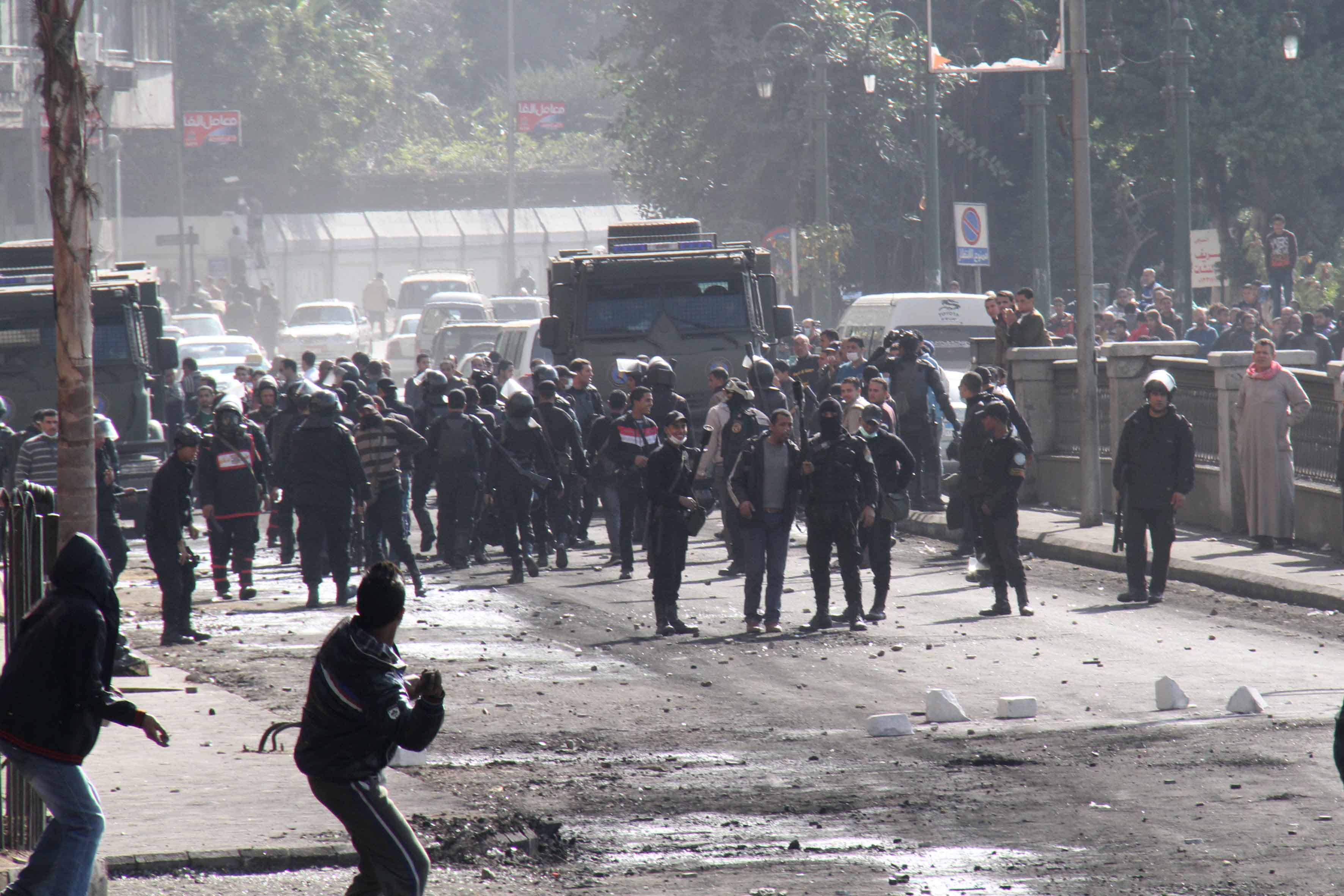CAIRO: As the election committee accepts nominations for parliamentary candidates Wednesday, the upcoming elections – the first to be held in post-Mubarak Egypt – come at a time marred with a fragmented political scene, a deteriorating economy and social unrest.
On Oct. 12, the election committee began accepting nominations for parliamentary candidates for the People’s Assembly and Shoura Council, who will submit their documents through branches of Egypt’s appeals court until Oct.18.
Given the deadline, political parties have had little time to reconcile their agendas. Despite forming the Democratic Alliance, comprising 34 parties from the left and far right, bringing together proclaimed liberals and Islamists, divisions persist.
Shortly before the deadline for nominations, the Muslim Brotherhood’s Freedom and Justice Party (FJP) and Al-Wafd, who spearheaded the Democratic Alliance, scrapped an electoral alliance, with the latter claiming it wants to field more candidates than the tie-up would have allowed.
Some members of the Democratic Alliance had previously stated that any disparities within the alliance will sends out a message weakness to the army, and threatened to leave if Al- Wafd runs with a separate electoral list.
Last week, the Muslim Brotherhood met with political parties, excluding Al-Wafd, announcing a lion share’s in the electoral list with 45 percent according to media reports.
While 25 percent will go to the Nasserist, the New Ghad, Al-Karama and the remaining 30 percent are reserved for the other 25 political parties.
Al-Wafd Party’s Secretary General Fouad Badrawy said Sunday that his party would compete head-to-head for seats in parliament against the FJP.
Fourteen Liberal and Leftist groups have also formed a coalition called the Egyptian Bloc calling for a civil state in which the principles of sharia are the main source of legislation.
Moreover, despite the FJP’s promises not to impose Islamic jurisprudence, tensions persist between liberal and Islamist groups who continue to call for an Islamic state.
However, the biggest concern remains the infiltration of members of the dismantled National Democratic Party back into parliament.
Members of Egypt’s former ruling party have demanded to be allowed to run in upcoming elections at a rally organized last Saturday in Sharqeya.
At the rally, they said that former NDP members "should not be stripped of their rights."
Economy taking a backseat
As political parties disagree over the cancelation of Article 5 of the elections law, they face accusations of ignoring Egypt’s economic hardships and focusing on their own agendas.
In a meeting with workers earlier this month, presidential hopeful Mohamed ElBaradei accused political parties of pursuing their own interests, while ignoring labor rights.
The months following Hosni Mubarak’s ouster have seen increasing labor unrest, putting more strain on an already ailing economy amid pressure to increase budgets and raise salaries.
On Sep. 29, Egypt’s stock market suffered a historic loss of LE 3.4 billion ($570 million). The losses came in light of threats by political parties to boycott elections if the ruling military council did not amend the electoral law.
In mid 2011, the government revised the 2011/2012 budget, cutting the forecast deficit to 8.6 percent from 11 percent.
At that time, economists said that the forecast was optimistic. However, the economy later contracted in the first part of the year and will continue to struggle according to economists.
According to Reuters, Egypt’s finance minister Hazem El-Biblawi said on Sunday that Qatar had given a grant of $500 million to support the budget, which has ballooned as a result of political turmoil.
This step comes at a time were economists warn against bankruptcy due to lack of foreign investments and a high use of national monetary reserves. But central bank officials have reassured that reserves are sufficient and the economy is in tact.
Economists say Egypt needs a growth of 6 percent or more to keep pace with demand for jobs by its young population.
Social unrest and anger towards SCAF
On Oct. 9, the capital saw deadly clashes between army forces and protesters, resulting in the death of 25 and around 330 injuries when a march to Maspero — demanding Coptic rights and condemning an earlier attack against a church in Aswan — was itself met with violence.
The march comes a few days after a sit-in in front of Maspero was also violently dispersed by the military as Copts demanded the dismissal of Aswan governor due to an attack on a church in the village of Marinab.
Political powers have only gone as far as condemning the attacks, with little effort put into defusing sectarian tension in Egypt.
Sunday’s Maspero clashes heightened anger towards the ruling military council.
Since it took over power in February, the Supreme Council of the Armed Forces continues to face criticism for its violations of human rights, referring civilians to military trials and its crackdown on freedom of expression.
